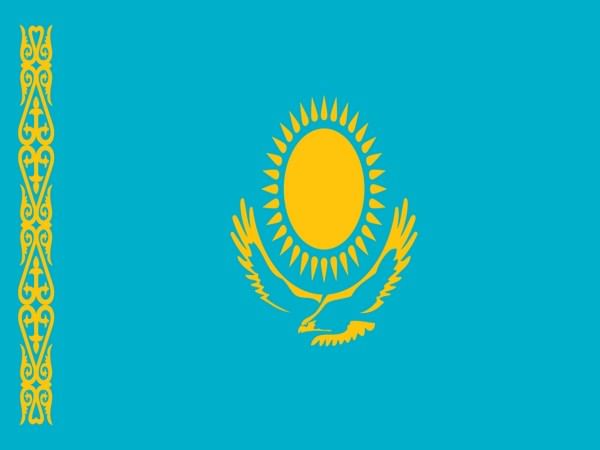Kazakhstan: An Emerging Nation in Central Asia

Importance of Kazakhstan
Kazakhstan, the world’s largest landlocked country, has increasingly gained attention as a significant player in Central Asia. With its vast natural resources, strategic location bordering Russia and China, and a growing economy, understanding Kazakhstan’s political and economic landscape is crucial for regional stability and international relations.
Current Events and Developments
In recent months, Kazakhstan has made headlines due to its proactive foreign policy aimed at establishing stronger ties with both Western and Eastern powers. Following the political unrest of 2022, where the country faced significant protests, the government, led by President Kassym-Jomart Tokayev, has undertaken various reforms to stabilize and strengthen the nation. One of the notable reforms includes a shift toward a more open political environment to encourage public engagement and reduce tensions.
Economically, Kazakhstan continues to thrive with its rich reserves of oil, gas, and minerals. According to the Ministry of National Economy, the GDP growth rate for 2023 is projected to reach 3.5%, marking a recovery from the pandemic’s economic impact. The government’s commitment to diversify the economy beyond its energy sector is evident in its plans to develop the agricultural and technology sectors, which, when successful, could enhance job creation and economic stability.
International Relations and Strategic Importance
Kazakhstan’s location makes it a vital transit corridor for trade between Europe and Asia. The country is a key participant in the Belt and Road Initiative, a global development strategy initiated by China, which aims to enhance regional connectivity. Recently, Kazakhstan has also been strengthening its relationships within the framework of the Commonwealth of Independent States (CIS) and the Eurasian Economic Union (EAEU), providing further opportunities for economic collaboration with neighboring countries.
Conclusions and Future Outlook
Looking ahead, Kazakhstan’s efforts to secure a stable and prosperous future seem promising, but challenges remain. Political reform, economic diversification, and international relations will be crucial in determining the country’s trajectory. As Kazakhstan continues to navigate these complexities, it will be important for global investors and foreign policymakers to closely monitor the evolving situation in this emerging Central Asian nation. Understanding Kazakhstan’s dynamics not only impacts regional stability but also shapes international markets and geopolitical strategies.









